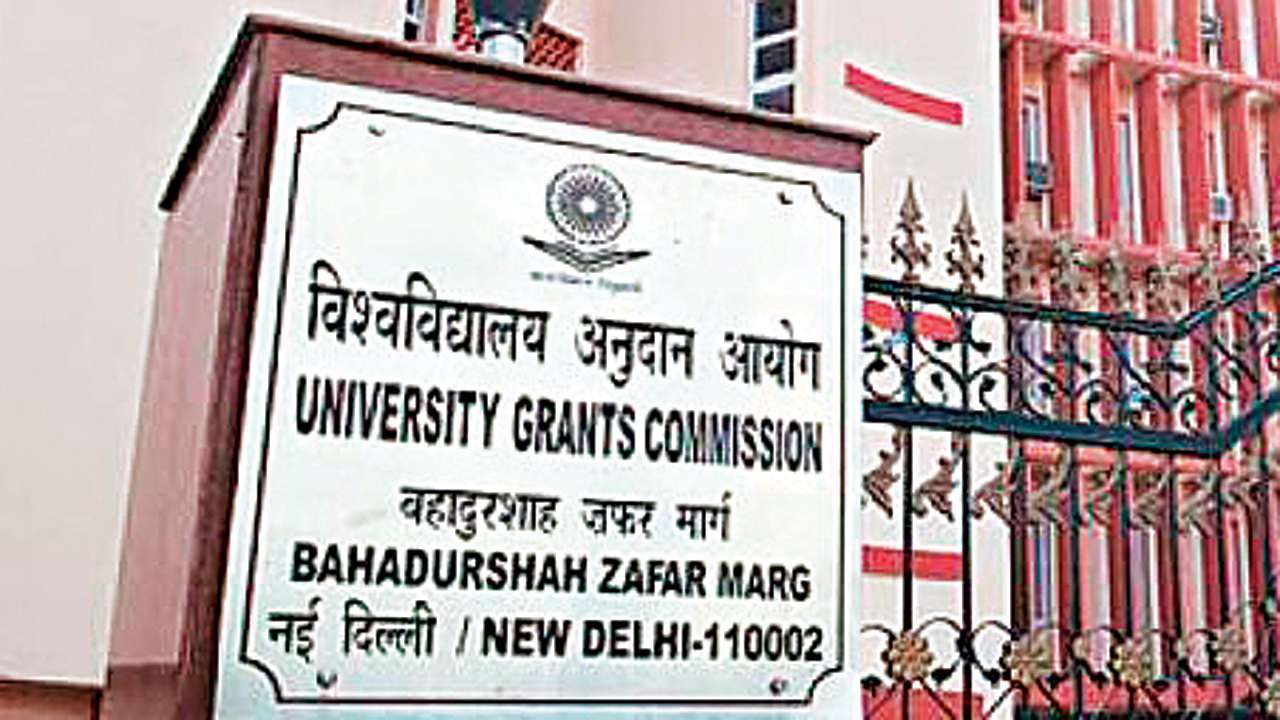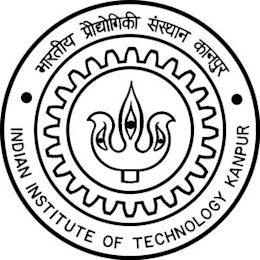The University Grants Commission (UGC) has eliminated the need that PhD (Doctor of Philosophy) theses be completed and submitted before research papers are published in peer-reviewed journals in new regulations for doctoral programmes that were announced on Monday.
M.Phil (Master of Philosophy) students were required to present at least one research paper at a conference or seminar prior to submitting their thesis for review, while PhD students were required to publish at least one research paper in a refereed journal and deliver two presentations at conferences or seminars.
In response to inquiries, Prof. M. Jagadesh Kumar, Chairperson of the UGC, stated that by eliminating the provision for mandatory publication, the higher education authority has acknowledged that the “one-size-fits-all” approach is not preferable. He brought up the fact that many computer science doctoral candidates choose to discuss their work at conferences rather than have it published in journals to emphasise even more the need to avoid a consistent technique for judging all subjects.
However, he added, it does not imply that PhD scholars should stop publishing their findings in peer-reviewed journals. Concentrating on high-quality research will lead to publications in respected journals even if it is not necessary. It will be helpful when students apply for jobs or post-doctoral posts, he said.
According to the All India Survey on Higher Education’s (AISHE) most recent report, between 2015–16 and 2019–20, enrollment at the PhD level went from 1,26,451 to 2,02,550 (0.5% of overall enrollment in higher education).

With many doctorate candidates paying to get their papers published, India has become one of the largest marketplaces for questionable research publications, according to a series of investigative exposes published in 2018 by The Indian Express.
A UGC committee made up of four members and chaired by P Balram, a former director of the Indian Institute of Science in Bengaluru, recommended that the publication of research in “predatory” journals or giving presentations at conferences supported by their publishers should not be taken into consideration for academic credit in any way.
In draughts regulations published in March of this year, the UGC had considered enabling universities to establish their own norms in this area. The final UGC (Minimum Standards and Procedures for Award of PhD Degree) Regulations, 2022, announced on Monday, completely exclude the clause that asked for public input on changing the word “required” to “preferred.”
The commission also gave up on its plan to require that universities and colleges reserve at least 60% of their yearly intake of doctorate applicants for NET or JRF qualified students, according to the modified PhD regulations. The UGC had suggested that NET/JRF qualified candidates fill 60% of all open seats in a higher education institution during an academic year in the draught regulations that were floated in March.
The draught regulations also called for a single entry test for PhD admissions. As a result, universities and colleges can continue to admit students through entrance exams and NET/JRF without being restricted by any cap for either of the two categories in accordance with the established norms. This is also not specified in the final version of the rules.
In cases when candidates are chosen through entrances organised by organisations, the written exam performance will be given a weighting of 70% and the interview a weighting of 30%.

The part-time PhD option, which is primarily intended for working professionals seeking doctorates, is still there in the final regulations. At IITs, these programmes are already permitted. By way of the applicant for a part-time PhD programme, the regulations state that the Higher Educational Institution in question shall get a No Objection Certificate from the appropriate authority at the company where the candidate is employed.
According to the updated laws, graduates of traditional three-year UG degrees must have finished two years of master’s study before they can enrol in PhD programmes after completing a four-year UG programme.
Candidates with a cumulative GPA of at least 55% who have successfully completed M.Phil. programmes are also taken into consideration. After the new guidelines are revealed, the M.Phil programme will be phased out; however, M.Phil degree programmes that have already begun will not be impacted.
Before, research scholars were required to present their work to a Research Advisory Committee once every six months for evaluation and further guidance in order to ensure the quality of their output. Now, every semester, they must complete this.
Prof. Jagadesh Kumar urged the institutions to ensure that the PhD evaluation process was strengthened and that research scholars were provided with the knowledge and abilities necessary to publish in peer-reviewed journals, deliver presentations at conferences, and, where appropriate, apply for patents.
Read more: UGC says Distance Learning and Online Degrees are equally valid as Traditional ones
GOVERNOR’S TUSSLE WITH THE STATE













